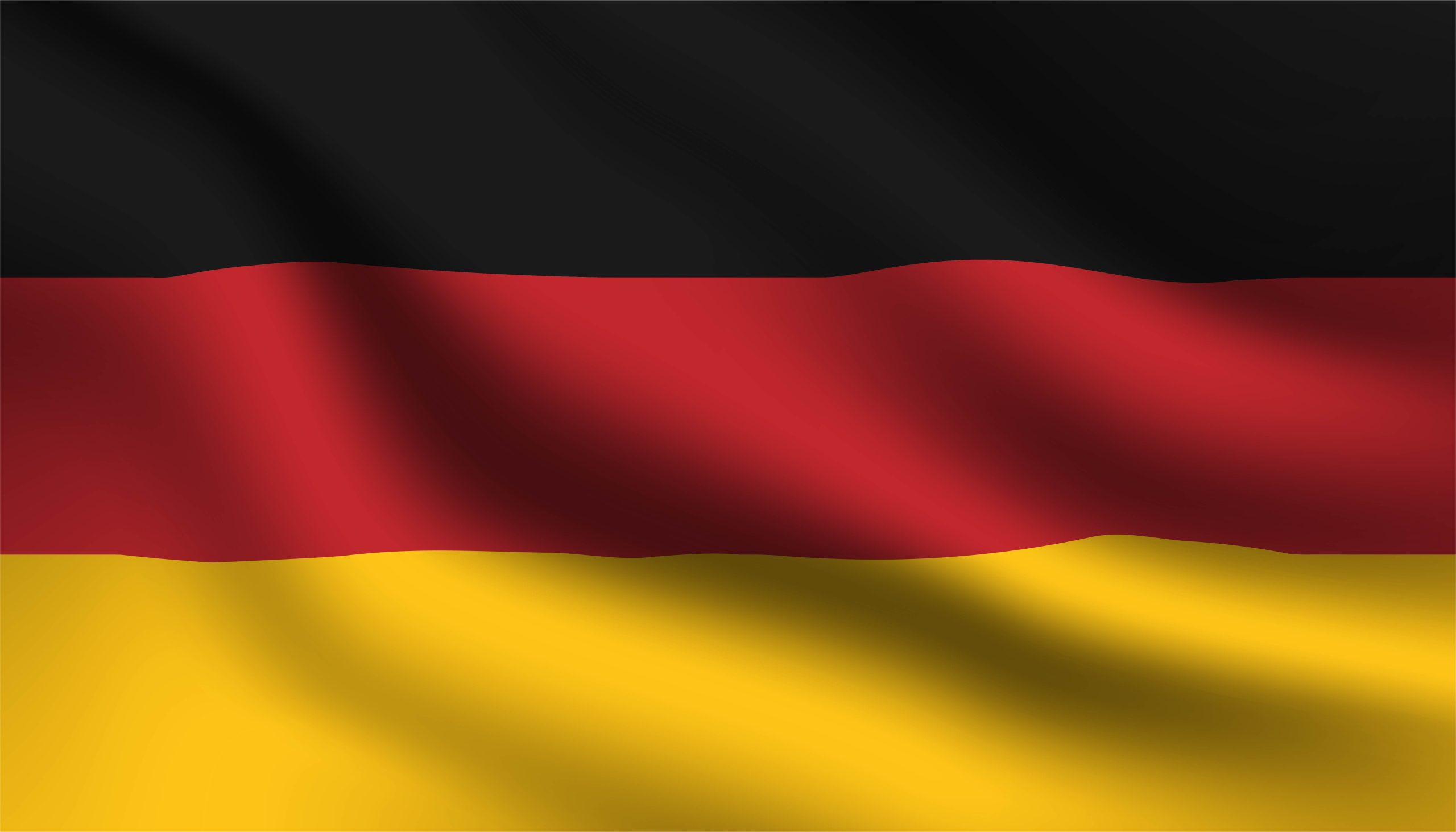Study in Germany
Are you dreaming of pursuing higher education in a vibrant and innovative environment? Germany, a nation well-known for its top-notch educational system, innovative research possibilities, and rich cultural legacy, can be the perfect fit for you. One of the key benefits of choosing to study in Germany is the affordability of tuition fees, even at private universities. From engineering to the arts, medicine to business, Germany offers diverse academic programmes taught in English and German. Whether you're pursuing a bachelor's, master's, or doctoral degree, you'll find countless options to suit your academic goals.
Why Germany?

Here are some of the reasons to study abroad in Germany:
- Germany offers a unique and enriching educational experience combining academic excellence, cultural diversity, and practical learning opportunities. Renowned for its high-quality education system, Germany is home to some of the world's top-ranked universities and research institutions.
- One of the most appealing aspects of studying in Germany is the availability of a wide range of programmes taught in English. Over 1,500 programmes are offered entirely in English, ensuring that students can access world-class education regardless of their language proficiency.
- Germany boasts Europe's largest economy and is home to many multinational corporations, offering international students ample internship and job opportunities.
- With its excellent healthcare system, efficient public transportation, and high standard of living, Germany offers students an excellent quality of life.
How to Apply
Applying to study in Germany is a straightforward process, but it's important to start early and familiarise yourself with the requirements. Here's a general overview of the application process:
Research Universities and Programmes:
Explore universities and programmes that align with your interests and career goals. Consider factors such as academic reputation, course offerings, location, and language of instruction.
Check the admission requirements:
Each university may have specific admission requirements, so carefully review the criteria for your chosen programme. This may include academic transcripts, standardised test scores (such as the GRE or GMAT), letters of recommendation, and a statement of purpose.
Language Proficiency:
If your chosen programme is taught in German, you'll need to demonstrate proficiency in the language by taking a language proficiency test such as the TestDaF or DSH. Several universities also provide preparatory language classes for overseas students.
Prepare application materials:
Gather all required documents, including transcripts, test scores, letters of recommendation, and your CV or resume. Make sure you adhere to the instructions each university provides for applying.
Submit your application:
Apply online through the university's admissions portal, ensuring that you meet the application deadlines. Some programmes may require additional documents or interviews as part of the application process.
Visa Application:
Once you receive an acceptance letter from a German university, you'll need to apply for a student visa. Contact the German embassy or consulate in your home country for information on visa requirements and application procedures.
The European Institute of Innovation, Entrepreneurship, and Technology (eiIET) can be one of your probable options if you are looking forward to pursuing undergraduate and postgraduate courses, especially in hospitality and tourism.
Why eiIET?
There are several reasons why students choose eiIET as their educational destination in Germany. Some of them are:
- Distinguished faculty members at eiIET are more than educators; they are knowledge catalysts. They offer a comprehensive education that combines theoretical knowledge with practical application.
- At eiIET, we nurture a culture that values critical thinking and innovation. In order to prepare you to be a change agent and a pioneer of new possibilities, you will be urged to think creatively and even step outside the box.
- eiIET boasts cutting-edge classrooms, advanced laboratories, and collaborative spaces that encourage interdisciplinary interaction and foster innovation and creativity.
- Beyond academics, eiIET offers a vibrant community of like-minded individuals. You can participate in extracurricular activities, workshops, seminars, and networking events to enhance your personal and professional growth.
- Moreover, eiIET, nestled in the heart of Berlin, Germany, seamlessly combines historical allure with a progressive mindset, offering an ideal environment for immersive learning.
Programme overview at eiIET
| Programmes | Duration | Intakes |
|---|---|---|
| Executive MBA in the HoReCa industry | 1 year (2 Semesters) | February/ May/ August/ October |
| M.A. in Tourism and Recreation | 2 years (4 Semesters) | February/ May/ August/ October |
| B.A. in Tourism & Recreation | 3 years (6 Semesters) | January/ April/ August/ October |
For more details, please proceed to the eiIET website.
Admission Required Documents
Bachelor's, Master's and Executive MBA Programmes
- Passport
- Birth certificate
- Recognised Academic certificate of Secondary, Higher secondary and Undergraduate Education
- School/College leaving certificate
- In the event of a year-long gap, provide a document to fill the gap.
- The official English test certificate (IELTS), if available, or the certificate stating that the medium of the previous studies was English.
- Application Form
- Curriculum Vitae (CV)
- Motivation letter/SOP
Intakes
If you are worried about intake in Germany, there are two main intakes: summer and winter. The winter (September/October) intake in Germany starts in September/October and ends in February/March. The summer intake (April intake) starts in April and ends in July/August. For most universities, the application closes for the summer intake in mid-January.
However, private institutions may allow additional intakes in May or June, although this mainly depends on the particular college or university.
At eiIET, there are four different intakes for postgraduate and undergraduate courses.
Students can enrol in postgraduate courses in February, May, August, or October, while for undergraduate courses, they can enrol in January, April, August, or October intakes.
